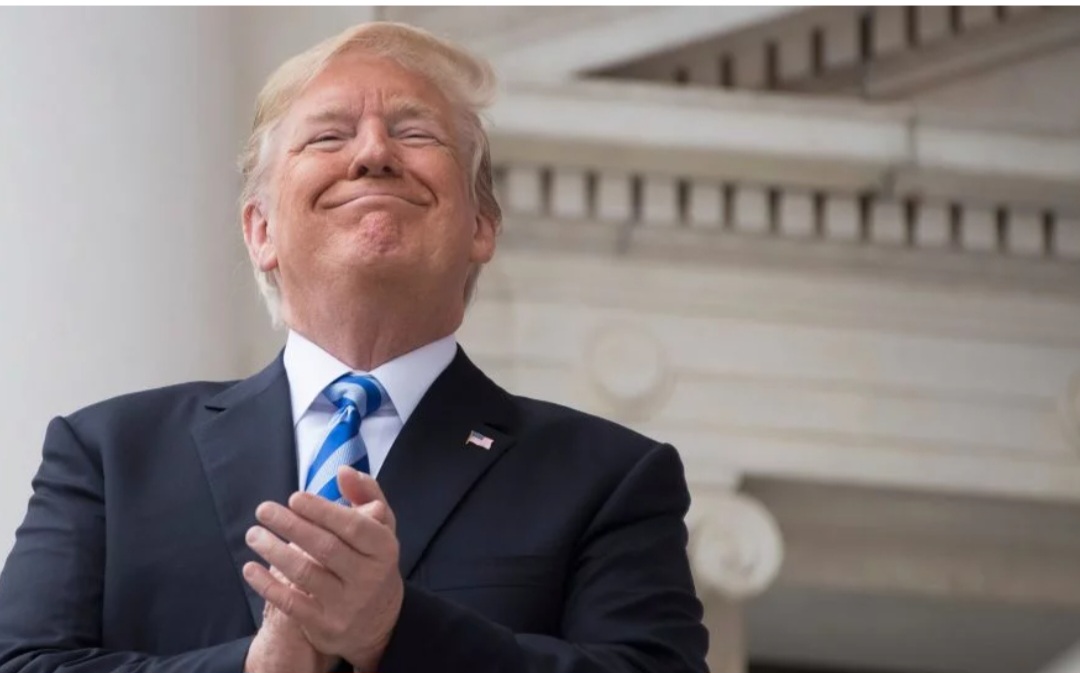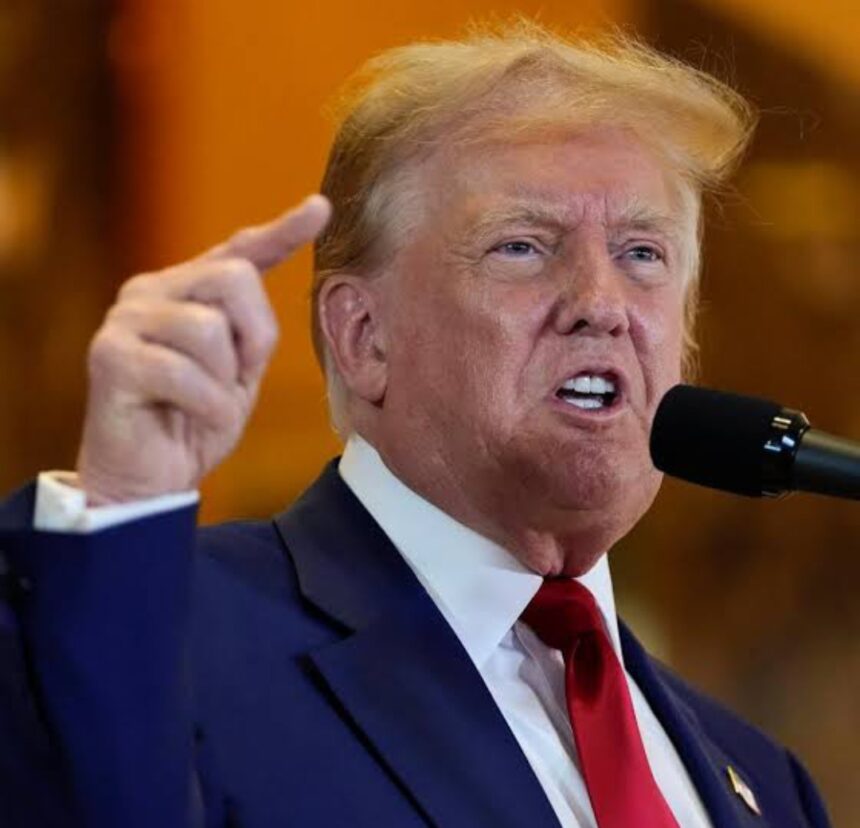In a bold declaration that has captured the attention of both political analysts and the public, former President Donald Trump recently outlined his plans for his first day back in office should he be elected in the upcoming presidential election.
Trump’s statement, made during a recent rally, included a dramatic promise that has sparked significant debate and speculation about his approach to governance.
According to the report by Reuters, during the rally, Trump emphasized his intention to take immediate and decisive action upon assuming office. …CONTINUE READING


His primary pledge was to demand the resignation of every federal employee who he deemed disloyal or misaligned with his vision for the country. This sweeping declaration has fueled discussions about his proposed approach to staffing and management if he returns to the White House.
The former president’s statement came as part of a broader campaign platform focused on shaking up the federal government. Trump has consistently positioned himself as an outsider who is willing to challenge the status quo and disrupt established practices. His comments about demanding resignations reflect his continued commitment to this theme, promising a dramatic overhaul of the federal workforce.
In his speech, Trump declared, “On day one, I will ask for the resignation of every single person who has not supported my administration or who has not upheld the principles of our great movement.” This statement underscores Trump’s intention to create a government that aligns closely with his political ideals and to remove individuals who may have opposed or criticized his policies during his previous tenure.
The proposal to seek mass resignations from federal employees raises several key questions and concerns. First, there is the issue of feasibility. The federal workforce is vast, encompassing a wide range of roles from high-level appointees to career civil servants. Implementing such a sweeping demand would require careful planning and could face significant logistical and legal challenges. It is also unclear how such an action would impact the functioning of various federal agencies and services.
Critics of Trump’s plan argue that demanding the resignation of a broad swath of federal employees could lead to instability and inefficiency within the government. They contend that a sudden and extensive purge could disrupt essential functions and delay critical services. Additionally, critics worry that the move could undermine the principle of a nonpartisan federal service, which is intended to ensure continuity and professionalism regardless of the political climate.
Supporters of Trump, however, view his promise as a necessary step to implement his vision and to address what they perceive as entrenched bureaucratic resistance. They argue that such actions are needed to root out corruption and to ensure that the federal government operates in a manner consistent with Trump’s policy goals. For these supporters, the promise of a day-one overhaul reflects Trump’s commitment to his agenda and his willingness to confront entrenched interests.
The broader implications of Trump’s statement extend beyond the immediate practicalities of government staffing. His declaration highlights a central theme of his political campaign: a desire to reassert control and challenge established norms within the federal government. Trump’s focus on removing federal employees is consistent with his broader narrative of combating a so-called “deep state” and ensuring that his administration’s agenda is not thwarted by internal opposition.
Trump’s comments have also elicited reactions from various quarters, including political commentators, analysts, and other candidates. Some view his proposal as a provocative and potentially destabilizing move, while others see it as a strategic attempt to energize his base and differentiate himself from his opponents. The strong reactions to his statement underscore the ongoing polarization in American politics and the high stakes of the upcoming election.
As the election approaches, Trump’s pledge for day-one action will likely continue to be a point of contention and discussion. His approach to staffing and management remains a significant aspect of his campaign platform, reflecting his broader vision for governance and his willingness to challenge traditional practices. The promise of demanding resignations from federal employees is emblematic of his broader approach to leadership, characterized by a focus on disruption and a commitment to reshaping government institutions.
Follow the TheCapital channel on WhatsApp: https://whatsapp.com/channel/0029Vak8l9A0AgW5dkRkwk29




